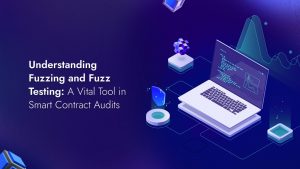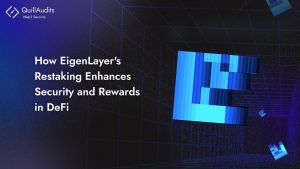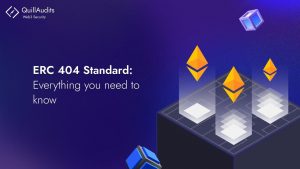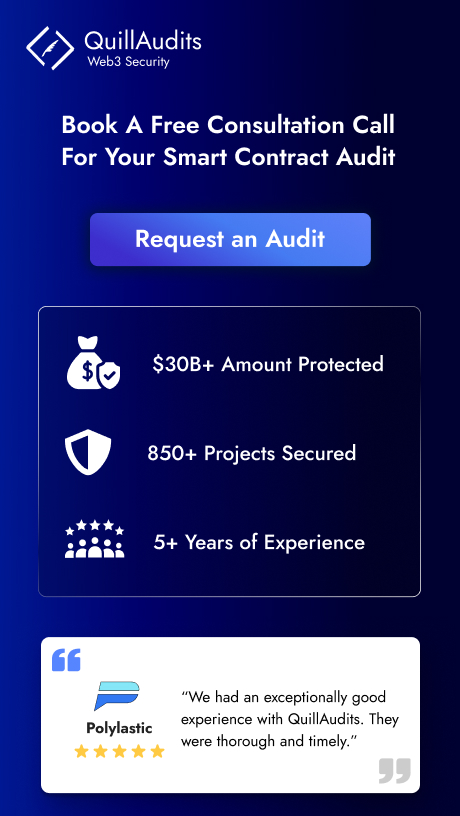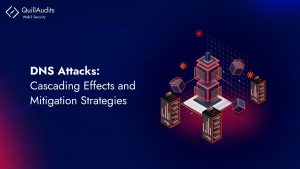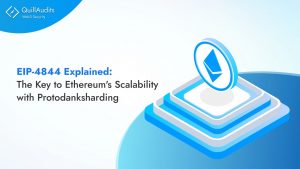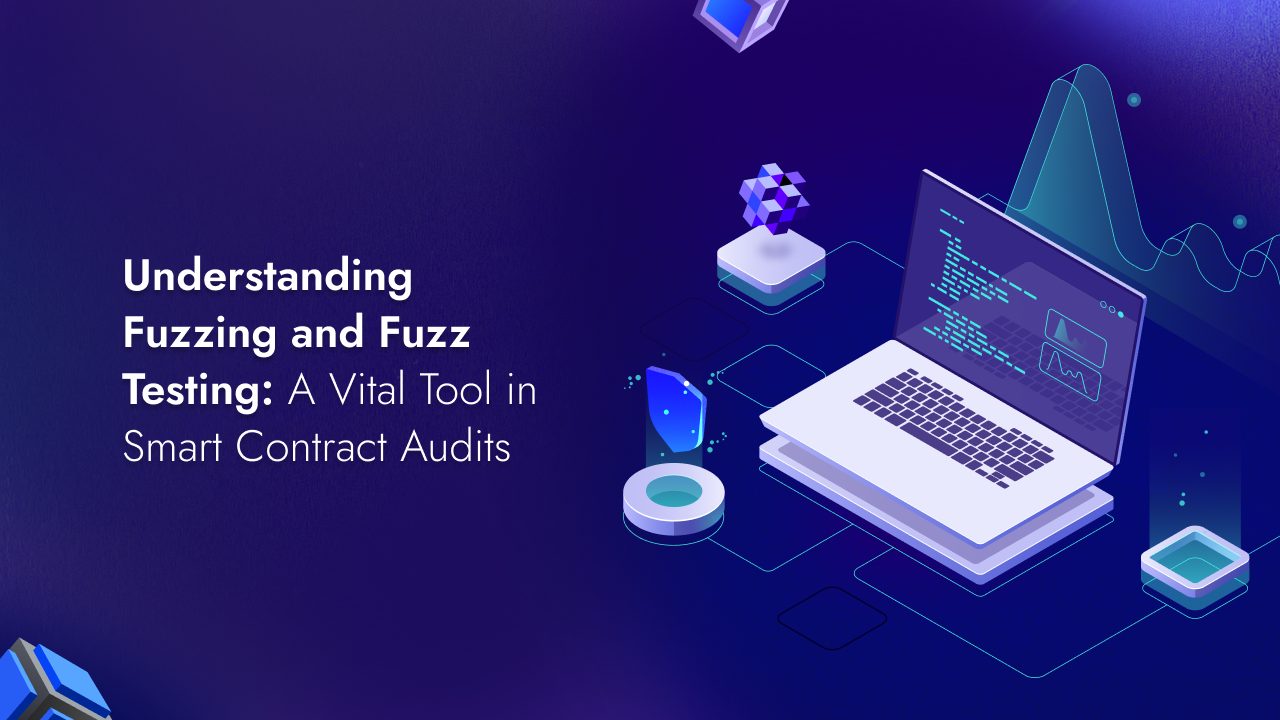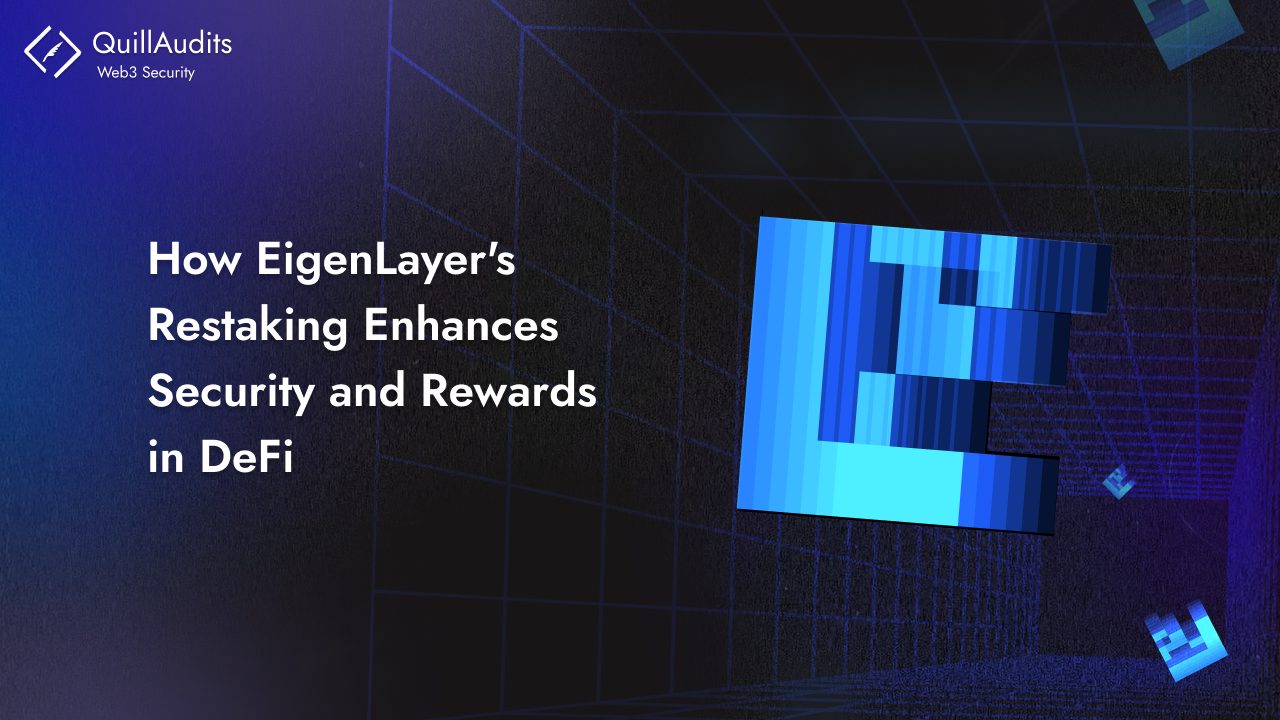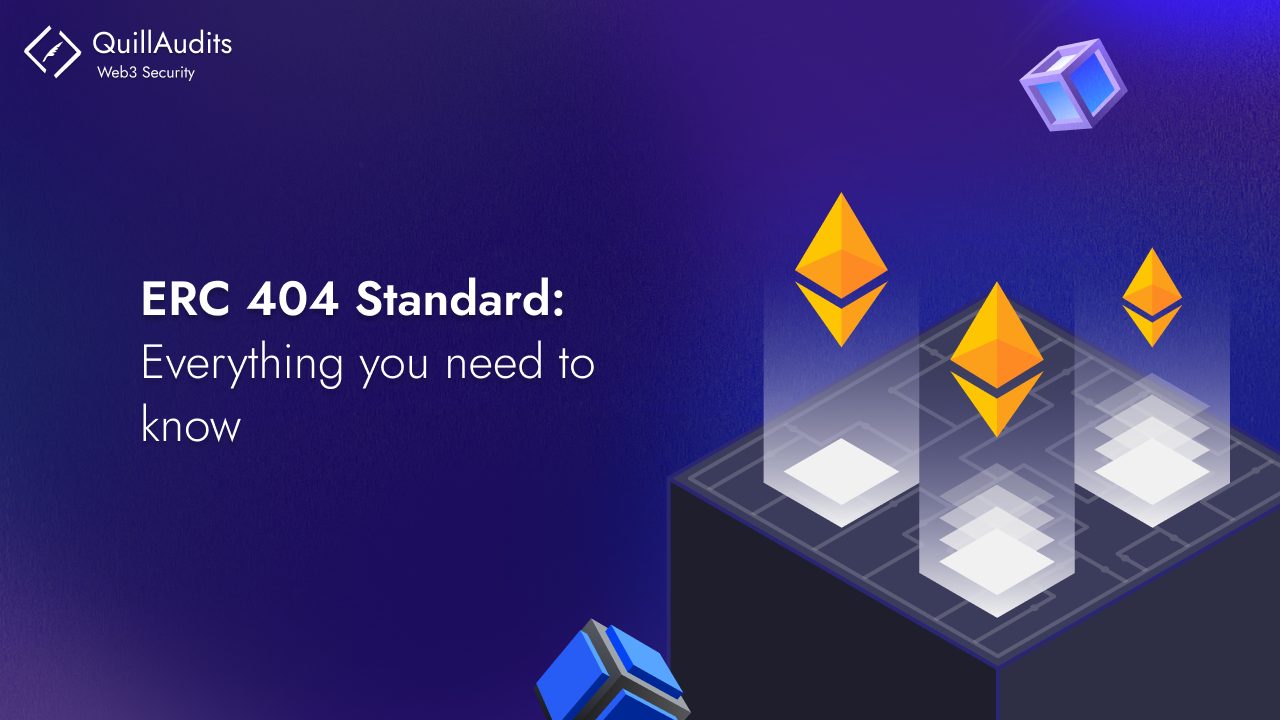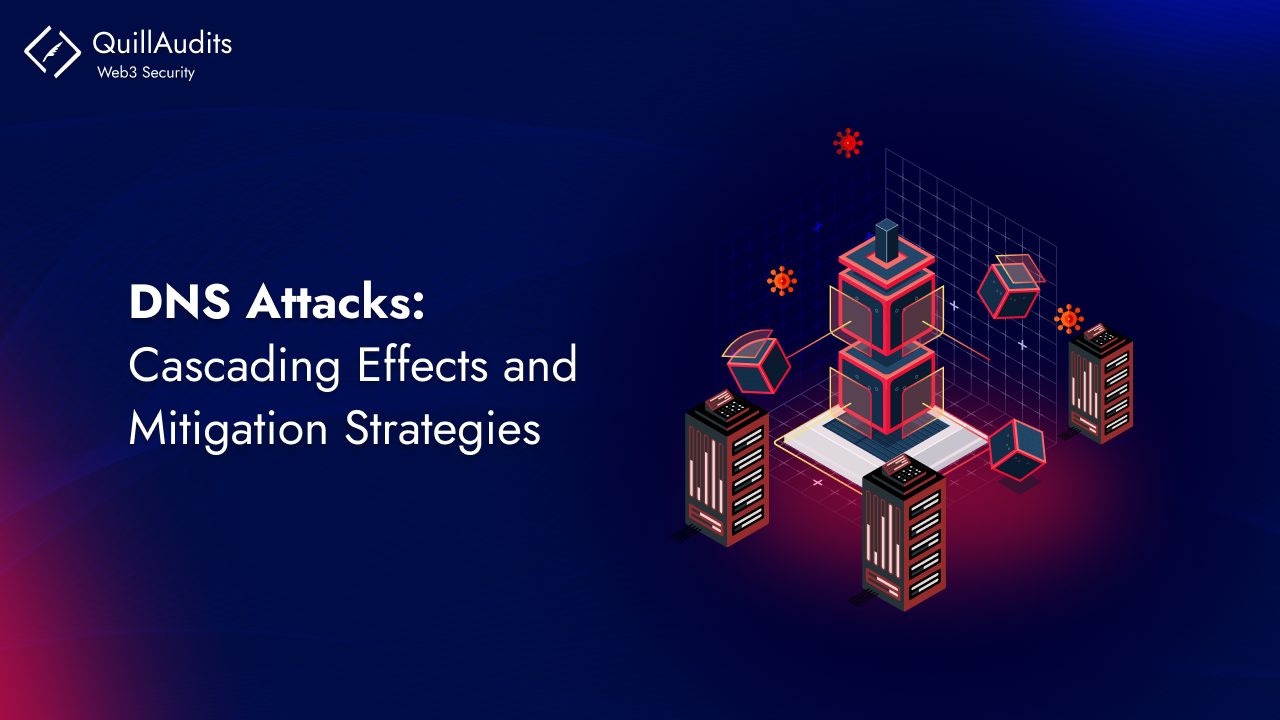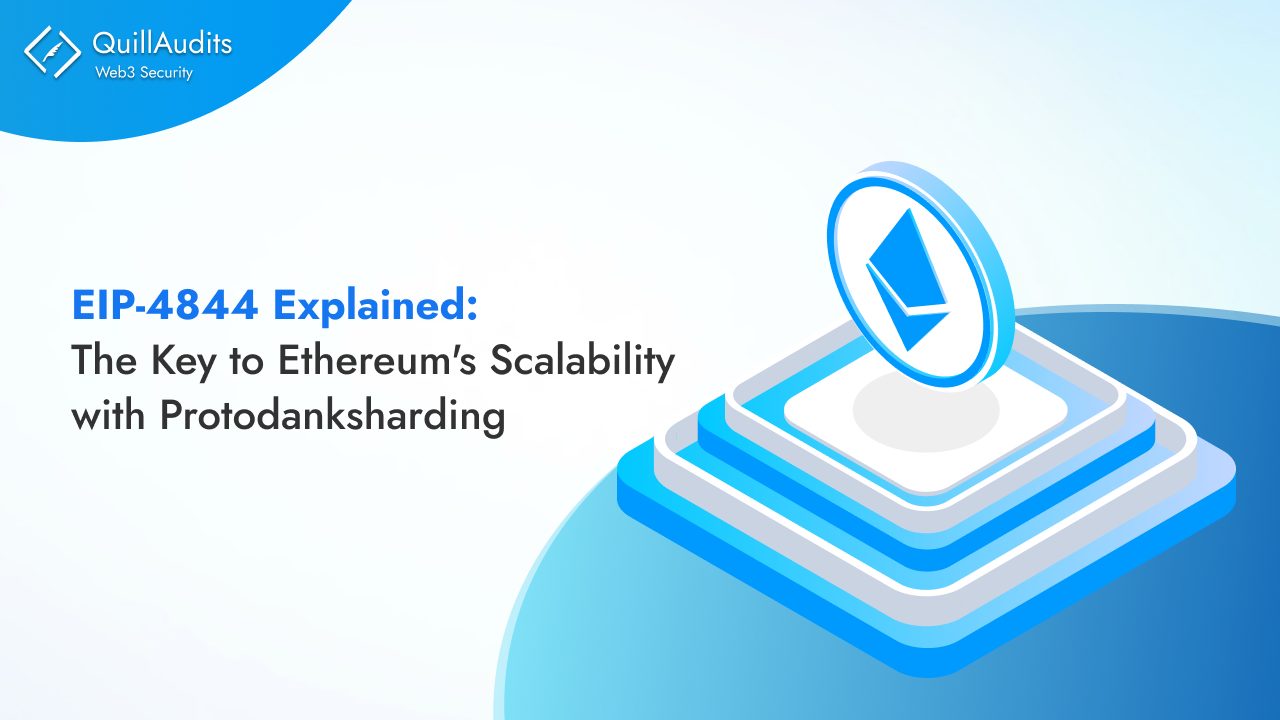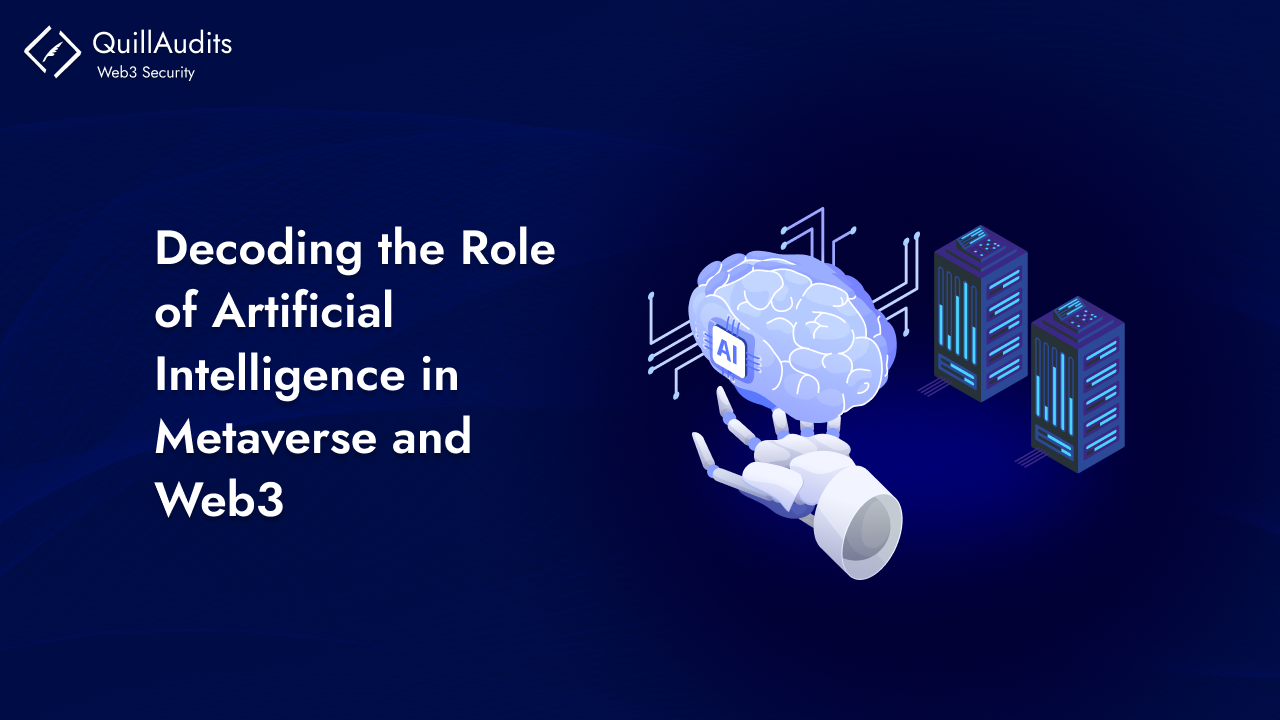A smart contract is a set of Blockchain code that enforces the terms of a transaction between the parties involved. It’s referred to as a smart contract because it’s self-executing and eliminates the need for a trusted third-party intermediary. let’s check what smart contract auditors look for, while doing smart contract audit.
As far as its application is concerned, smart contracts have already made their presence felt in various areas such as digital exchange transactions, electoral voting, crowdfunding, supply chain management, and many more in decentralized finance systems (DeFi).
It has emerged as the best possible way to bring true digitalization to any process by leveraging the underlying Blockchain technology.
The need for smart contract audit
While smart contracts are one of the most exciting aspects of blockchain technology implementation, they are not without their own set of difficulties. In fact, properly developing and auditing these contracts is critical to get the most out of them.
If left unaudited, these smart contracts act as a back door to the project’s inherent properties and allow hackers to exploit the project. Further considering the growing prominence of DeFi with its TVL reaching ~80 Billion, the need for properly developed and audited smart contracts becomes the utmost priority as the assets are essentially locked in the smart contracts only.
An audit identifies any organizational, technical, cyber, or financial flaws that might exist in a contract.
This brings us to the question –
“What’s the importance of identifying a bug in smart contracts?”
We’ve seen in recent years how a single bug has led to millions of losses in blockchain projects. The DAO Hack in 2017 is a prime example of this. While people argued DAO’s marketing was better than its execution, its concerns were rising on its code vulnerability to attacks. Soon, an attacker managed to drain over 3.6 million ethers.
You don’t want to make headlines, right?
Writing a fully secured smart contract is very difficult, and to lay the foundation of a serious blockchain-based project, an independent audit becomes essential.
However, it is highly unlikely that a smart contract can be developed without any potential bugs. Even if a smart contract is developed in such a way, there is no certainty of it being bug-free in the future. For those thinking a smart contract is immutable and new bugs can not arise, the fact to consider here is that smart contracts are dependent on external entities too.
For instance, a smart contract in a DeFi money market is dependent on an oracle and if the oracle is hacked, the smart contract can be hacked.
Therefore, auditors are going to be your best friends in your DeFi journey. They carry out the audit of a smart contract and ensure its security.
What Do smart contract auditors Look For?
1. Preliminary Code Review And Familiarization Phase
Simply put, auditors request all documentation from the development team that pertains to the design and expected behavior of the smart contract. Auditors conduct a preliminary code analysis to determine the overall consistency of the contract design.
2. Manual and Automatic Code Analysis
While manual code analysis examines each line of code to ensure that every detail in the smart contract’s specification is met, automated code analysis looks for bugs that humans overlook. This check ensures that general guidelines such as code structure and design, avoidance of redundant code, and expected behavior are followed.
3. Identifying The Known Vulnerabilities
The core of smart contract auditing lies in identifying security vulnerabilities. Since there are many common Ethereum smart contract security issues, auditors have created a common checklist to identify such vulnerabilities such as:
- Reentrancy – Reentrancy is the bug that led to the collapse of the DOA. In this, users initiate several transfers without sending any of them. Therefore, an attacker can trigger multiple withdraws without submitting even one of them.
- Over and Underflows – Since computers don’t understand the concept of infinity, an attacker triggers the arithmetic operation by causing the output larger than the maximum value in overflow and smaller than the minimum value in the underflow.
- Block Gas Limit – When a blockchain project becomes successful and accumulates a large amount of data, transactions begin to consume excessive amounts of gas. As a result, it is difficult to conduct a transaction, resulting in vulnerabilities.
4. Performance Analysis
Next, the auditors look for whether the contract can fulfill the agreement and whether it is capable of handling all the possible variations when the contract is run in the real world.
5. Compliance and Gas Optimization
It is possible that the smart contract would not comply with local or industry regulations. Auditors look for regulatory compliance and recommend changes if required.
The networks charge gas prices to cover the costs of transactions. Auditors make sure the smart contract operations aren’t consuming too much gas or transaction fee.
6. Live Testing
By deploying the contract on a local test network and running a comprehensive test suite, auditors ensure that all the codes are functioning as intended.
How Can Developers Circumvent Any Bugs Prior To Having Contract Audited?
1. Get A Development Environment
To deploy contracts, develop applications, and even run tests, several development environment tools such as Truffle make developers’ lives easier. In addition, you can use these tools to speed up your recurring tasks and debugging contracts.
2. Run Static Analysis Tools
A developer can detect style inconsistencies and programming errors using a static analysis tool. Solidity Linters can help in both style and security guide study. Slither and Mythril, for example, are two automatic vulnerability detectors.
3. Recommendations For Secure Developments
- In addition to the aforementioned challenges, security vulnerabilities can create many problems. So, developers should get familiar with as many security vulnerabilities as possible.
- Developers should understand the solidity patterns such as behavior, security, and economic patterns.
- Developers should also study other recommendations such as caution while making external calls and pull over push.
4. Run Tests
Before putting a large sum of money on the line, the contracts should run a comprehensive test suite for an extended period of time. It will aid in the early detection of bugs and the detection of unexpected behavior.
Developers may use exhaustive research to assess the contract on a large scale.
However, running tests alone won’t secure the contract. Developers also need to measure the effectiveness of such tests. One way of running unit tests regularly and monitoring their effectiveness is by looking out for a hosted CI environment.
5. How To Deploy On The Mainnet
Before deciding to roll out the contract on the mainnet, consider launching it on a public testnet. In particular, developers can opt for deploying the contract on the mainnet in beta versions. It will restrict the amount of risk in the initial stages.
Moreover, during this testnet phase, consider running a bug bounty program where the developer community with help in identifying the critical flaws in return for monetary rewards.
6. Monitoring Events
Setting up an appropriate monitoring system is another practice that can contribute to operational excellence. If there are any real-world changes in the system, this monitoring system will warn the developers.
Conclusion
Since blockchain technology is still in its early stages, expect regular improvements in the system, as well as protection and bug fixes.
Nonetheless, adhering to security practices is a fundamental concept that any developer and other interested parties should grasp before creating a smart contract.
While developing an error-free smart contract is still a dream, the ability to react to vulnerabilities efficiently is a reality.
What a smart contract need is a team of expert auditors who keep themselves updated with the ever-changing trends of the industry. Reach out to our team of auditors for a free consultation to further understand the need for your smart contract audit.

